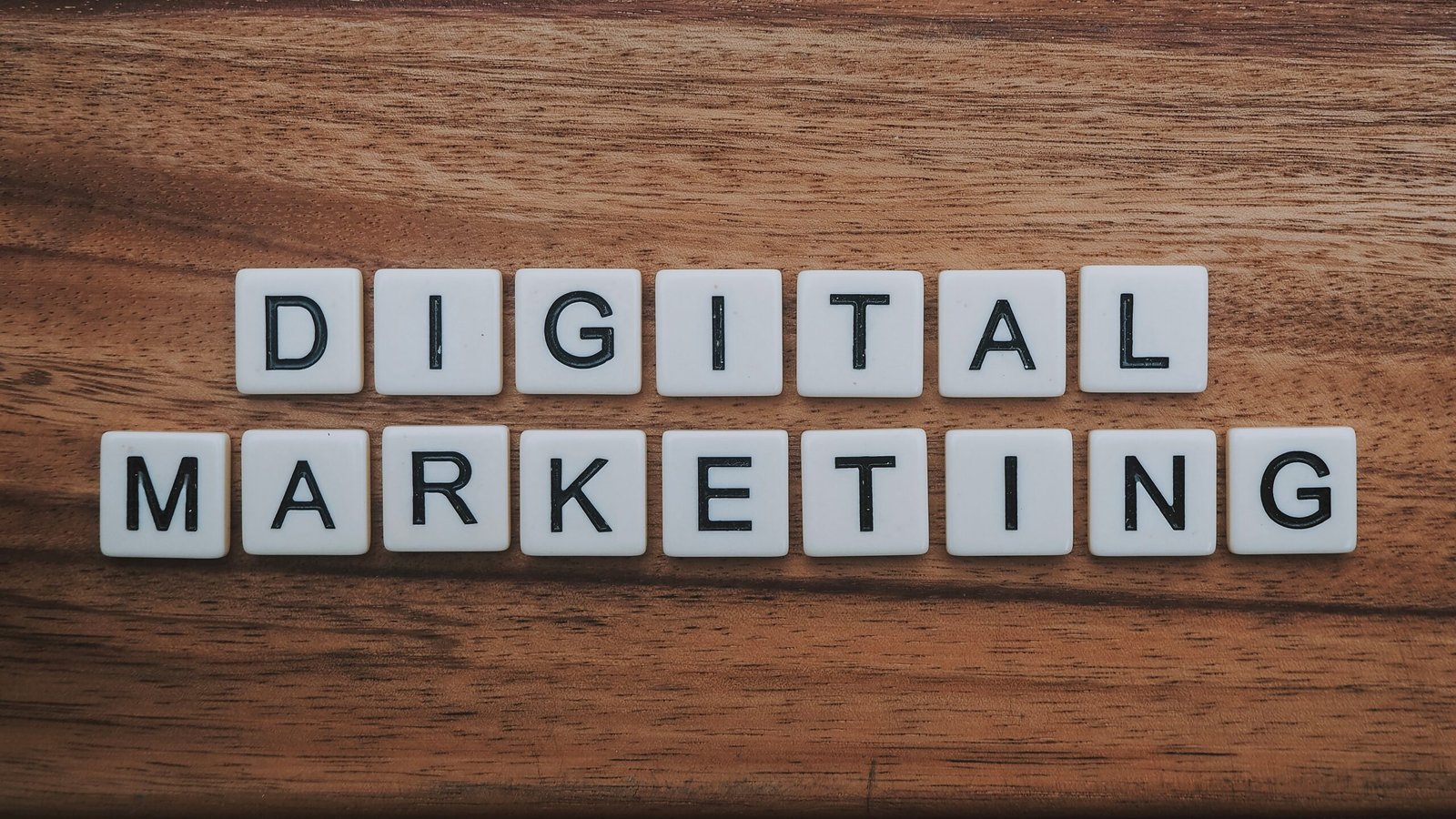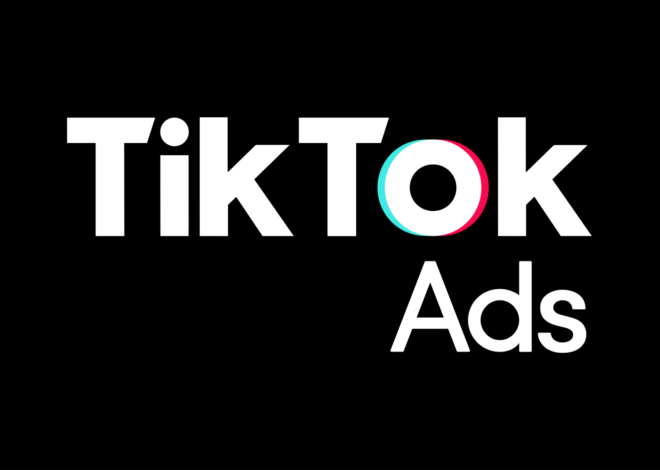
What is Digital Marketing? Types and Examples
1-What is Digital Marketing?
Digital marketing refers to the use of digital channels, such as websites, search engines, social media platforms, email, and mobile apps, to promote products or services and reach a target audience. It encompasses various strategies and tactics aimed at attracting, engaging, and converting customers online.
In today’s digital world, where people spend a significant amount of time online, digital marketing has become an essential part of any business’s marketing strategy. It allows businesses to connect with their target audience in a more personalized and targeted way, reaching them at the right time and in the right place.
One of the key advantages of digital marketing is its ability to measure and track results. Unlike traditional marketing methods, digital marketing provides businesses with detailed analytics and insights into the performance of their campaigns. This data allows businesses to make data-driven decisions and optimize their marketing efforts for better results.
Another important aspect of digital marketing is its ability to target specific audiences. With tools like audience segmentation and targeting, businesses can reach the right people with the right message, increasing the chances of conversion. For example, a fashion brand can target its ads to users who have shown an interest in fashion or have visited fashion-related websites, ensuring that the ads are seen by people who are more likely to be interested in their products.
Furthermore, digital marketing offers a wide range of channels and platforms to choose from, allowing businesses to diversify their marketing efforts and reach customers through multiple touchpoints. For instance, a business can run ads on social media platforms, send personalized emails to its subscribers, optimize its website for search engines, and create engaging content to attract and engage its target audience.
Additionally, digital marketing enables businesses to build and strengthen their brand presence online. Through consistent messaging, visual identity, and storytelling, businesses can create a strong brand image and establish themselves as industry leaders. This, in turn, helps in building trust and credibility among customers, leading to increased brand loyalty and customer retention.
In conclusion, digital marketing has revolutionized the way businesses promote their products and services. It provides businesses with a powerful set of tools and strategies to connect with their target audience, measure and track results, target specific audiences, diversify marketing efforts, and build a strong brand presence online. With the ever-increasing reliance on digital technologies, digital marketing is set to continue playing a crucial role in the success of businesses in the future.

2. Integration with Other Marketing Channels
Another advantage of digital marketing is its ability to integrate seamlessly with other marketing channels. Businesses can create cohesive marketing campaigns that span across various platforms, such as social media, email, search engine optimization, content marketing, and more.
By integrating different marketing channels, businesses can create a consistent brand experience for their customers. For example, they can use social media to promote their content and drive traffic to their website, where visitors can sign up for their email newsletter. This integration allows businesses to nurture leads and build relationships with their audience at every touchpoint.
Furthermore, digital marketing channels can complement each other and amplify their impact. For instance, businesses can use search engine optimization to improve their website’s visibility, while paid search ads can drive immediate traffic and conversions. By leveraging multiple channels, businesses can maximize their reach and achieve better results.
3. Personalization and Customization
Digital marketing enables businesses to personalize and customize their marketing messages for different segments of their audience. Through data collection and analysis, businesses can gain insights into their customers’ preferences, behaviors, and interests.
With this information, businesses can create targeted content, offers, and promotions that resonate with specific segments of their audience. Personalization not only increases the relevance of marketing messages but also enhances the customer experience and builds stronger connections with customers.
For example, an e-commerce business can use personalized recommendations based on a customer’s browsing and purchase history to suggest relevant products. This level of customization can significantly improve the chances of conversion and customer satisfaction.
4. Continuous Optimization and Improvement
Digital marketing allows businesses to continuously optimize and improve their marketing efforts based on real-time data and insights. Through A/B testing, businesses can experiment with different variations of their marketing campaigns to determine what works best.
For example, businesses can test different headlines, images, call-to-action buttons, or landing page layouts to identify the most effective elements. By analyzing the results, businesses can make data-driven decisions and refine their marketing strategies to achieve better outcomes.
Continuous optimization is crucial in the fast-paced digital landscape, where consumer preferences and market trends can change rapidly. By staying agile and responsive, businesses can stay ahead of the competition and adapt their marketing strategies to meet evolving customer needs.
5. Global Brand Building
Digital marketing provides businesses with the opportunity to build a global brand presence. Through social media, content marketing, and other digital channels, businesses can reach and engage with audiences from different parts of the world.
By creating valuable and relevant content, businesses can establish themselves as thought leaders in their industry and gain credibility. They can also leverage social media platforms to build a community of loyal followers who advocate for their brand.
Furthermore, digital marketing allows businesses to showcase their products or services to a global audience, opening up new markets and opportunities for growth. With the right digital marketing strategies in place, businesses can expand their reach and establish themselves as a trusted brand worldwide.
In conclusion, digital marketing offers numerous benefits for businesses, including increased reach and visibility, targeted advertising, cost-effectiveness, measurable results, enhanced customer engagement, flexibility and adaptability, integration with other marketing channels, personalization and customization, continuous optimization and improvement, and global brand building. By leveraging the power of digital marketing, businesses can drive growth, increase brand awareness, and achieve their marketing objectives in today’s digital age.







